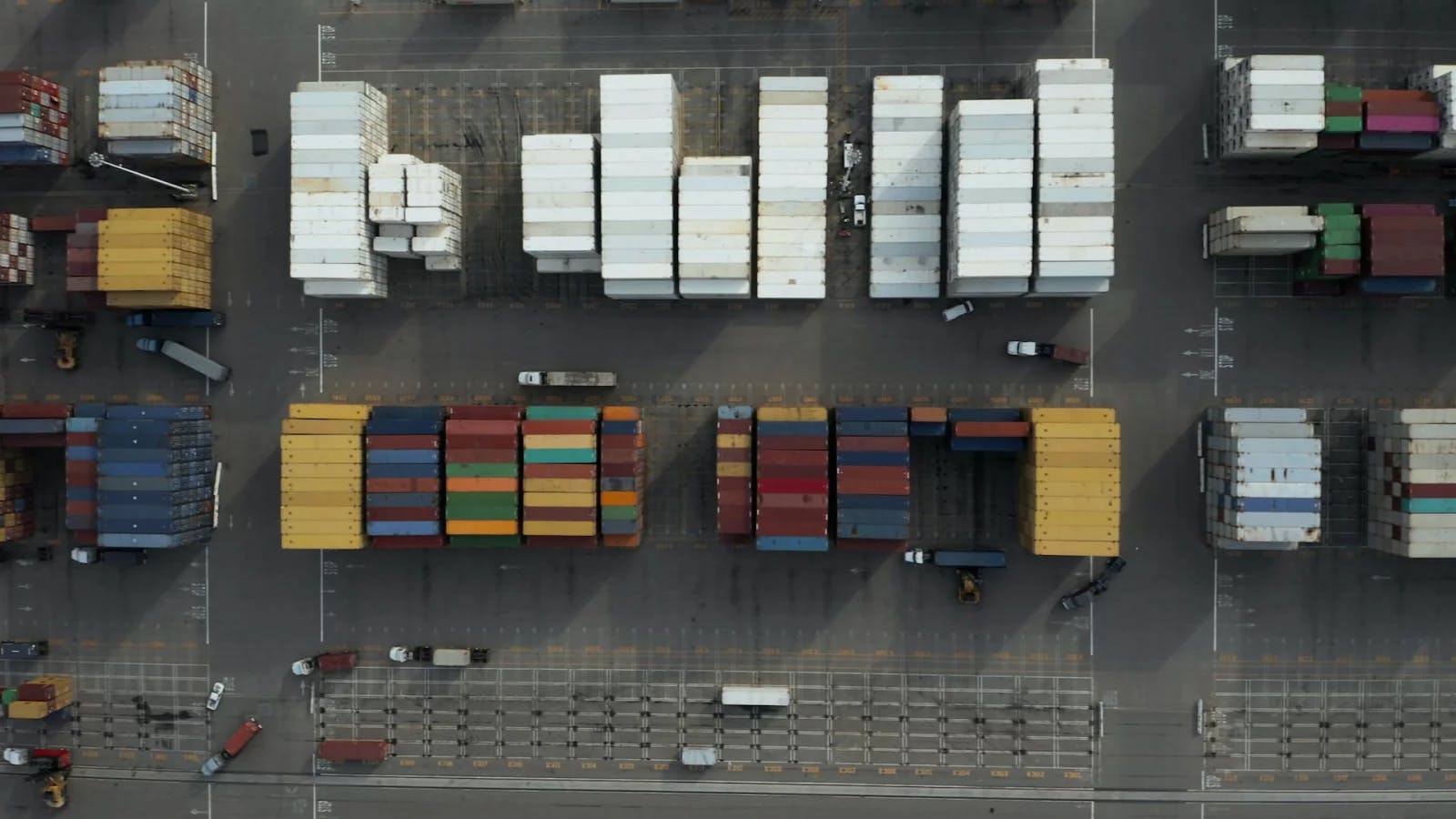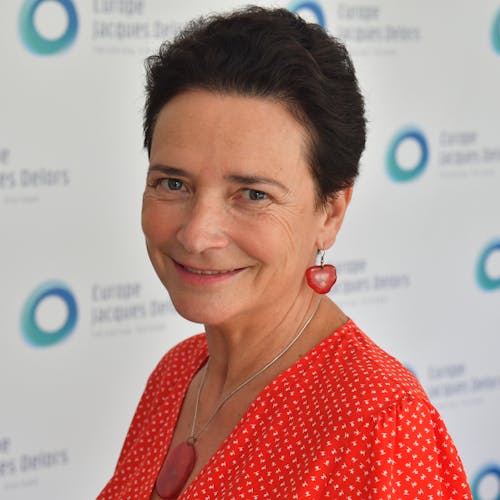In search of common ground on climate diplomacy - Part l
Bruce sat down with Mr. Lamy and Ms. Pons to discuss efforts to bridge the gap between European and African climate positions, particularly the Europe Jacques Delors' proposal to link thinking and discussions around Africa-Europe relations on trade, climate and development. As they underline, there are fora for discussing trade and development or trade and the environment but there is no clear forum for discussing the three together.
A major source of frustration is the EU’s unilateral adoption of measures such as the CBAM. While driven by the threat of a crumbling majority in favour of the European Green Deal, the ‘fait accompli’ approach to EU external trade measures has led to a general distrust of the EU’s climate diplomacy.
As Pascal Lamy puts it in our conversation, "the EU is not good at green diplomacy" – a point also made in recent ECDPM work on climate diplomacy and the run-up to the COP27. Yet part of the problem also relates to how the CBAM was designed. Rather than being an exclusively external trade, development or climate instrument, the CBAM has been led by the European Commission’s Directorate-General for Taxation and Customs Union with a more technical and arguably internally-focused mandate.
In the EU’s reading, the main objective of the CBAM is to avoid 'carbon leakage'. This is a risk as the EU phases out free emissions allowances for its own industries under the ETS, which will raise the price of carbon in Europe. That could create an unfair market advantage for imported carbon-intensive goods that are not subject to a similar carbon price in producing countries.
With the CBAM, the EU also hopes to create an incentive for others to adopt equivalent carbon pricing to the ETS, making carbon price paid at the source deductible from the cost of future CBAM certificates. The EU also realises that there is no precedent for what it is introducing, and that the system will need to be built on existing capabilities.
The process laid out in the implementation regulation seeks to be flexible by building on the methods used during the first reporting phase and adaptive by allowing a transition phase in which importers will not have to buy CBAM certificates but simply report carbon content. It also aims to adopt a learning approach, where several aspects of exactly how firms should report are left open.
While that all seems positive, the seemingly valid criticism is that there was very little, if any, prior consultation. And, as the Africa Group notes, it mayhave a heavy export impact for some countries, with little carbon impact overall.Lamy and Ponssuggest that a ‘triangle forum’ might have allowed for better discussion and consultation in advance, and allow some concrete discussion on introducing more flexibility for low-income countries.
Listen to the conversation: https://ecdpm.org/work/search-common-ground-climate-diplomacy-part-l







